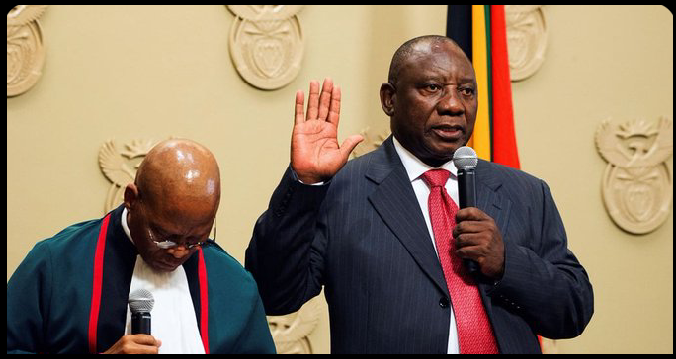In a surprising turn of events, clandestine discussions between the African National Congress (ANC) and the Democratic Alliance (DA) have emerged, signaling a potential shift in South Africa’s political landscape. The revelation of these secret talks comes amidst a backdrop of increasing polarization and challenges facing the nation. While both parties have traditionally stood on opposing ends of the political spectrum, the prospect of cooperation has generated cautious optimism among political observers.
Sources close to the negotiations have disclosed that the discussions have been characterized by a willingness to explore areas of mutual interest and potential collaboration. Despite ideological disparities, both the ANC and DA have expressed a commitment to prioritize the national interest above partisan politics. Key topics under consideration include economic recovery, social welfare, and governance reforms.
The ANC’s outreach to opposition parties, including the DA, underscores a strategic shift within the ruling party. Faced with internal divisions and declining public confidence, the ANC appears to be embracing a more inclusive approach to governance. By engaging with the opposition, the ANC aims to foster consensus-building and enhance the legitimacy of its policies and initiatives.
For the DA, participation in these talks presents both opportunities and challenges. While collaboration with the ruling party could yield tangible benefits in terms of influencing policy decisions and addressing pressing national issues, it also risks alienating segments of its support base. The party’s leadership is treading cautiously, balancing the potential gains of cooperation against the need to maintain its distinct identity and principles.
The revelation of secret talks between the ANC and DA has ignited speculation about the broader implications for South Africa’s political landscape. Some analysts interpret this development as a positive step towards political maturity and constructive engagement. Others caution against premature optimism, citing the complex dynamics and entrenched interests that characterize South African politics.
As the discussions progress, transparency and accountability will be paramount to ensure public trust and confidence in the outcome. While the details of the negotiations remain confidential, the parties involved have signaled a commitment to openness and inclusivity.
In a political climate marked by uncertainty and volatility, the emergence of dialogue between the ANC and DA offers a glimmer of hope for unity and progress. Whether these talks will translate into tangible cooperation remains to be seen, but the mere fact of their occurrence signals a potential paradigm shift in South Africa’s political landscape.






















